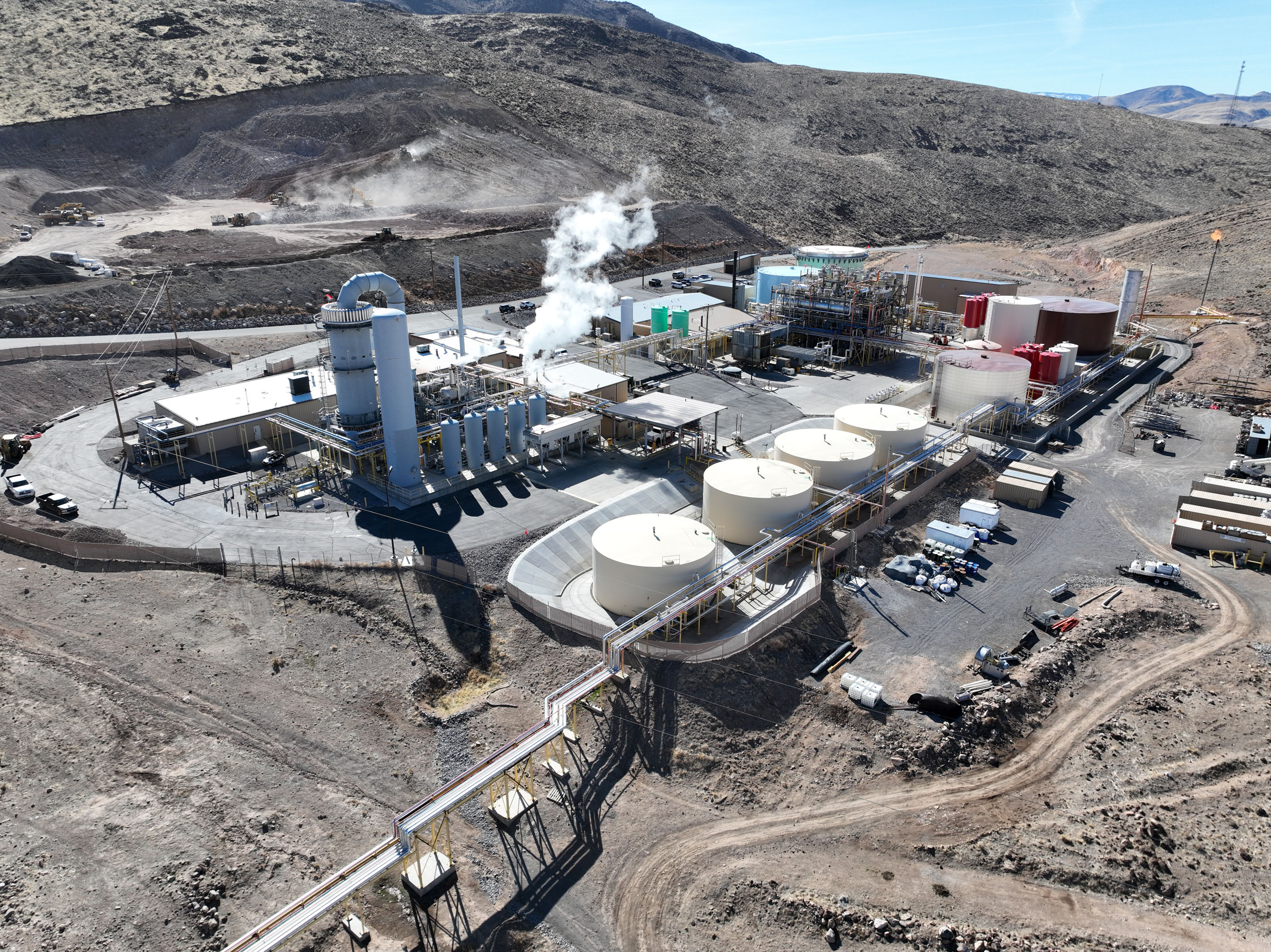Environment
Leading the Way with Sustainable Aviation Fuel
New Rise Renewables is dedicated to reducing greenhouse gas emissions through the production of synthetic blending component (SBC) used for making sustainable aviation fuel (SAF). Integrating SAF into aviation operations significantly decreases greenhouse gas emissions, contributing to improved air quality and a reduction in the industry’s environmental footprint.
Benefits of Sustainable Aviation Fuel in Reducing Greenhouse Gas Emissions:
94%
reduction in greenhouse gas emissions compared to conventional aviation fuels (U.S. Department of Energy)
80%
reduction in carbon dioxide emissions on a life-cycle basis (Air Transport Action Group)
56.4%
increase in the compound annual growth rate of the global SAF market (Allied Market Research)
How New Rise Renewables Helps Contribute
Beyond the environmental benefits, sustainable aviation fuel (SAF) also offers economic advantages. SAF, sourced from synthetic blending component (SBC) produced by New Rise Renewables in Reno, Nevada, reduces dependence on foreign oil and boosts local economies by supporting domestic production. Additionally, using SAF showcases a company’s commitment to sustainability and environmental responsibility.
A company’s adoption of sustainable aviation fuel is a powerful indicator of its proactive approach to taking environmental risks seriously. Companies that invest in renewable energy and green technologies, like SAF, are leaders in sustainability, positioning themselves to be at the forefront of the green revolution.

Sources
U.S. Department of Energy. (2024). Sustainable Aviation Fuel. Retrieved from:
https://afdc.energy.gov/fuels/sustainable-aviation-fuelAir Transport Action Group. (2024). Sustainable Aviation Fuel. Retrieved from:
https://atag.org/industry-topics/sustainable-aviation-fuelAllied Market Research Group. (2024). Sustainable Aviation Fuel Market. Retrieved from:
https://www.alliedmarketresearch.com/sustainable-aviation-fuel-market-A13064